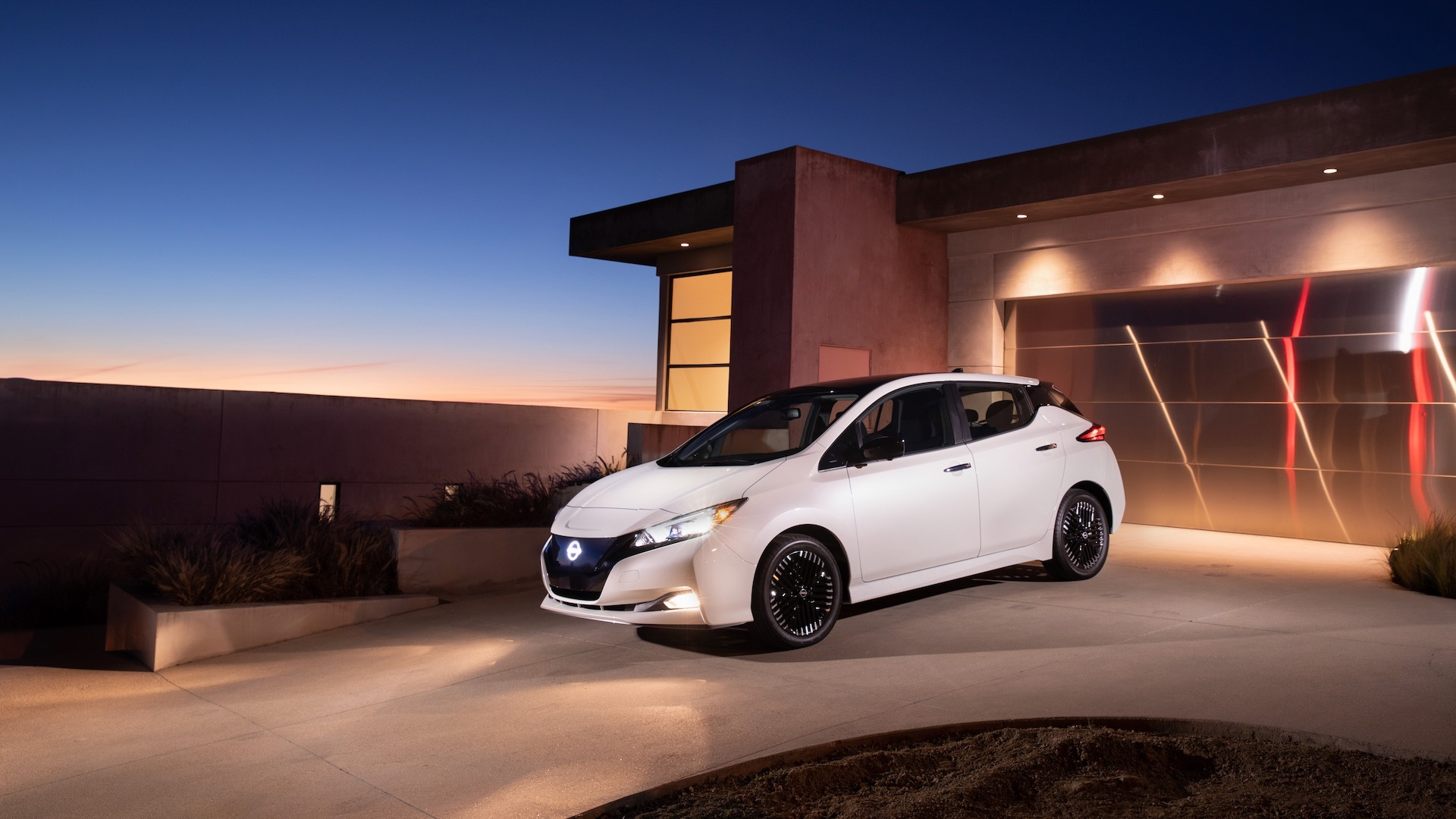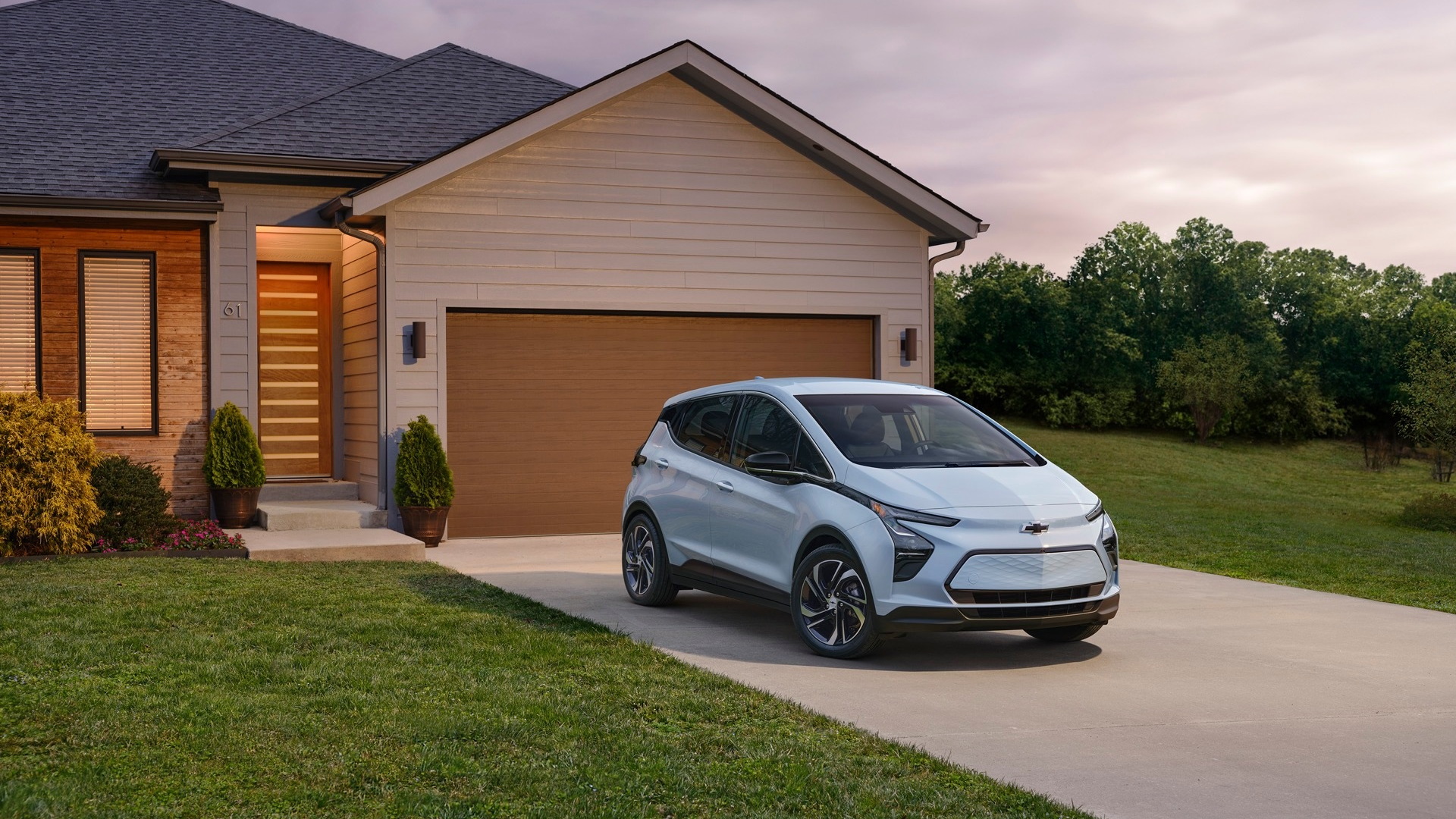Pythagoras Solar from San Mateo has created windows laced with solar cells and the potential benefits for companies could be huge. The windows not only generate power thanks to the solar cells, but increased protection from sunlight also helps make the interior of the building cooler, reducing the need for air conditioning.
We're fans of exciting new technologies here at All Car Tech, but what we're really interested in is whether the technology could make the jump to the automotive world.
In theory, there's no reason why not. As long as the windows in your car keep the elements out and allow you to see what's going on outside, then they can be equipped with virtually any technology you wish. We've recently seen a system that turns your windows into speakers that can only be heard inside the car, augmented reality windshields, and many carmakers have been affixing a radio aerial strip into rear screens for quite a few years.
With the market opening up for electric vehicles there's certainly valid applications for the technology. The 2011 Nissan Leaf is available with a solar array integrated into the rear spoiler, but as such it's quite small and only provides a trickle of power for systems such as the air conditioning.
Solar windows would allow a much greater surface area for generating power and while probably not enough to power the vehicle itself, it would be enough to power accessories and even slow the rate of battery discharging.
In regular vehicles, it would again be useful for powering accessories, reducing load on the alternator and increasing economy as a result. You never know - with enough power being generated we could potentially do away with the alternator altogether.
Even if we don't see the tech on cars in the near future, it's far from being a pipe dream. You can already find some of Pythagoras' solar glass on the Willis Tower (formerly Sears Tower) in Chicago. CEO Gonen Fink says that for the typical customer the technology pays for itself within three to five years.
[TPM Idea Lab via Slashdot]



